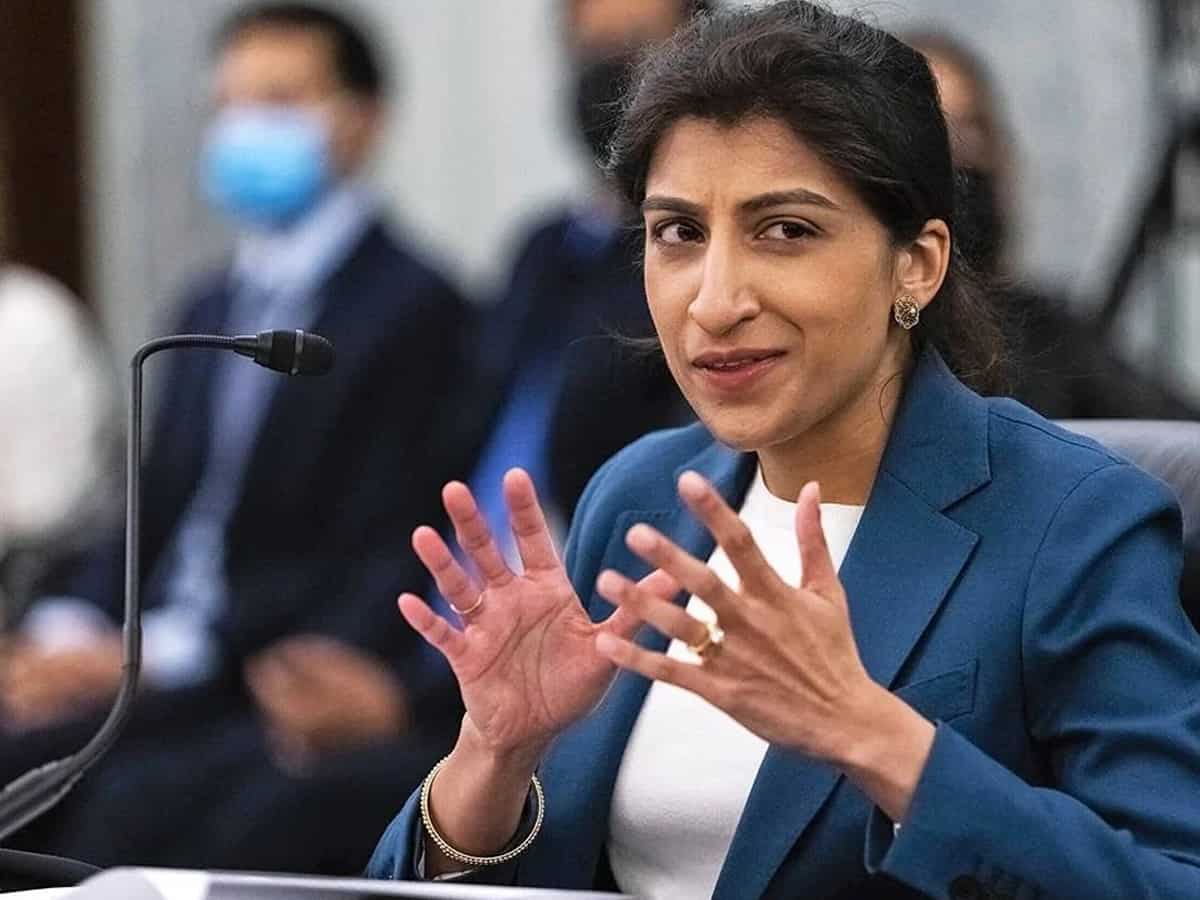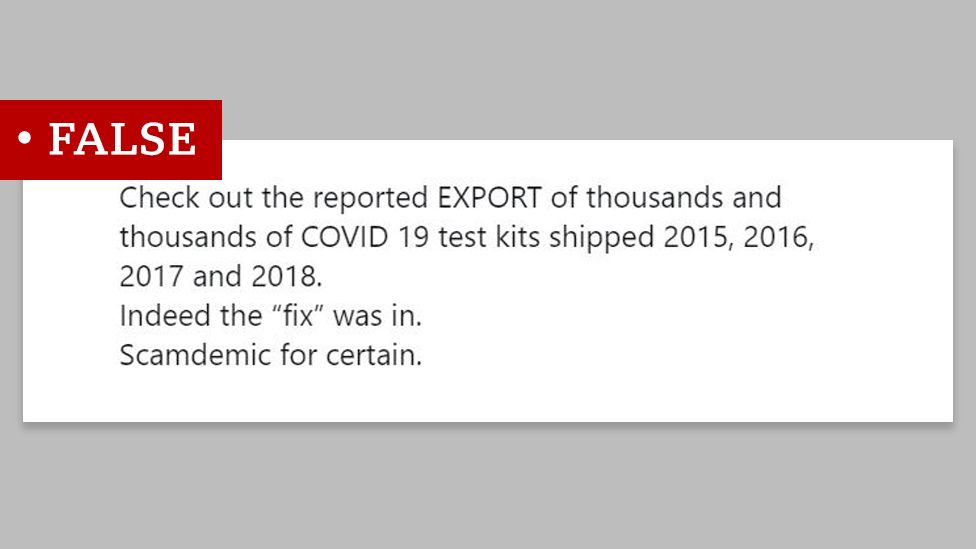Los Angeles Wildfires: A Reflection Of Our Times Through The Lens Of Betting Markets

Table of Contents
The Growing Wildfire Betting Market
The emergence of betting markets related to wildfire prediction, severity, and impact is a relatively new phenomenon, but one that is rapidly expanding. Increased frequency and intensity of wildfires, fueled by climate change, directly correlate with the growth of these markets. While publicly available, regulated markets specifically focused on wildfire prediction are currently limited, the underlying principles are present in various forms: insurance claims, property damage assessments, and even more speculative markets predicting the extent of fire damage.
- Increased frequency and intensity of wildfires: The sheer number and destructive power of wildfires in recent years have made them a significant factor in various risk assessment models, directly influencing the development of related betting markets. Places like California, with its history of devastating wildfires, are at the forefront of this trend.
- Ethical concerns: The ethical implications of profiting from natural disasters are significant. Critics argue that such markets trivialize suffering and incentivize a detached, transactional approach to a tragedy impacting countless lives and communities.
- Data analytics and predictive modeling: Sophisticated algorithms and data analytics play a crucial role in these markets. Companies use historical wildfire data, weather patterns, fuel moisture levels, and other environmental variables to create predictive models that attempt to forecast fire behavior and potential damage. The accuracy of these models, however, remains a significant challenge.
- Examples of betting markets (hypothetical): Although explicitly betting on the exact location or intensity of a wildfire might not be widely available in regulated markets, elements of this risk assessment are incorporated in other forms of gambling and financial instruments, such as catastrophe bonds and insurance derivatives.
Climate Change and Wildfire Risk Assessment
Climate change significantly influences wildfire risk and, consequently, betting odds. Factors like prolonged drought, higher temperatures, and increased wind speeds create ideal conditions for wildfires to start and spread rapidly.
- The role of scientific data: Scientific data and climate models are increasingly crucial in informing these predictions. Organizations like the National Oceanic and Atmospheric Administration (NOAA) and the US Forest Service provide valuable data on fire weather, fuel conditions, and fire behavior.
- Limitations of predictive models: Current predictive models are far from perfect. The complex interplay of factors, including unpredictable weather events and human intervention, makes precise prediction challenging.
- Changing climate patterns: Climate change makes accurate prediction more difficult as changing climate patterns create conditions unlike anything previously seen. Extrapolating from historical data becomes increasingly unreliable.
- Quantifying risk: Accurately quantifying the risk in a constantly evolving environment is a major hurdle. Uncertainty is inherent, making it difficult to establish fair and accurate betting odds.
The Societal Impact and Preparedness
Societal factors significantly influence wildfire outcomes and, thus, betting markets. Urban sprawl encroaching on wildlands, ineffective forest management practices, and inadequate emergency response systems all contribute to increased risk and severity.
- Disaster preparedness: Effective disaster preparedness significantly influences wildfire severity and the accuracy of betting predictions. Evacuation plans, early warning systems, and community resilience play crucial roles.
- Socioeconomic disparities: Socioeconomic disparities greatly impact vulnerability to wildfires and access to insurance. Lower-income communities often lack resources for mitigation and recovery, leading to higher losses.
- Public policy: Public policy plays a vital role in mitigating wildfire risks and influencing betting markets. Regulations on land use, forest management, and building codes directly impact risk assessment and prediction.
- Public awareness: Public awareness campaigns significantly impact preparedness and consequently, the betting landscape. Educating communities on wildfire risks and mitigation strategies leads to more informed decision-making and potentially more accurate risk assessments.
The Role of Insurance Companies
Insurance companies are key players in wildfire risk assessment, playing an indirect role in influencing betting markets. Their involvement centers around risk assessment, insurance pricing, and payout calculations.
- Insurance payouts: Insurance payouts and claims directly influence the overall cost and perceived risk associated with wildfires. High payouts increase the financial burden on insurance companies and may lead to higher premiums or reduced coverage.
- Data use: Insurance companies utilize extensive data to assess and manage their risk. This data, including historical claims data, climate projections, and property location, informs their pricing models and risk assessments.
- Potential conflicts of interest: Potential conflicts of interest exist between insurance companies and the betting industry. The information gathered by insurance companies could potentially be used to inform betting strategies, creating an uneven playing field.
Conclusion
The Los Angeles wildfires, and the emerging betting markets surrounding them, serve as a chilling reminder of our changing relationship with environmental risk. While these markets offer a unique perspective on the unpredictability of nature and the societal response, they also raise critical ethical questions about profiting from catastrophe. Understanding the interplay between climate change, societal preparedness, and the growing wildfire betting industry is crucial for developing effective strategies for mitigation and adaptation. We need to move beyond simply observing these trends and actively engage in proactive wildfire prevention and preparedness. Further research into the implications of Los Angeles wildfires and similar events on betting markets is essential to fully comprehend the complex relationship between environmental disaster and speculative finance. Let's work together to lessen the impact of future Los Angeles wildfires and other environmental disasters.

Featured Posts
-
 Microsoft Activision Deal Ftcs Appeal And Its Implications
Apr 22, 2025
Microsoft Activision Deal Ftcs Appeal And Its Implications
Apr 22, 2025 -
 Lab Owner Admits To Falsifying Covid 19 Test Results
Apr 22, 2025
Lab Owner Admits To Falsifying Covid 19 Test Results
Apr 22, 2025 -
 Investors Shouldnt Panic Bof As Assessment Of Stretched Stock Market Valuations
Apr 22, 2025
Investors Shouldnt Panic Bof As Assessment Of Stretched Stock Market Valuations
Apr 22, 2025 -
 5 Dos And Don Ts For Landing A Private Credit Job
Apr 22, 2025
5 Dos And Don Ts For Landing A Private Credit Job
Apr 22, 2025 -
 Navigate The Private Credit Boom 5 Dos And Don Ts
Apr 22, 2025
Navigate The Private Credit Boom 5 Dos And Don Ts
Apr 22, 2025
